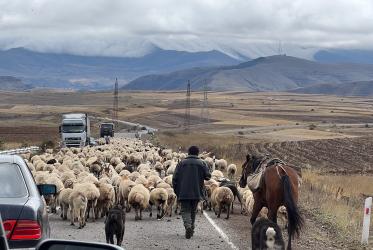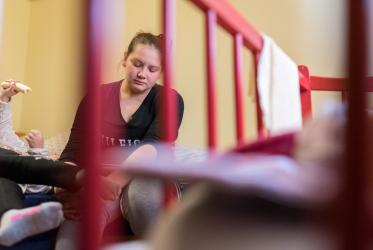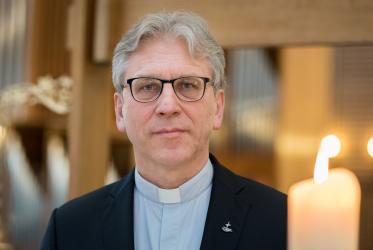Displaying 1 - 20 of 49
25 September 2023
A faith-based, holistic approach to HIV and AIDS-care
13 March 2019
Faith and HIV treatment go hand in hand
06 March 2019
Turning mercy and compassion into action
04 March 2019
Fr Alexi - a peacemaker in Syria
21 December 2018
Dr Cecile De Sweemer, the doer of God
30 November 2018
What difference does dressing in black make?
02 August 2018
















